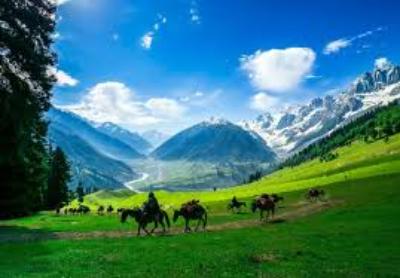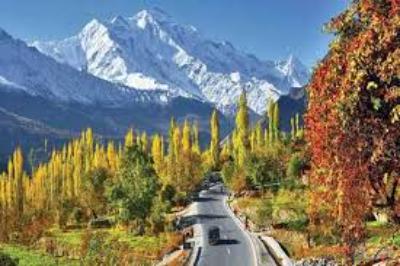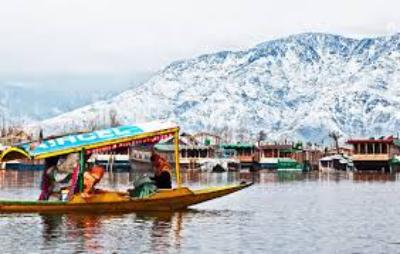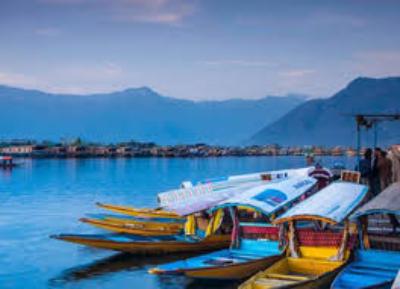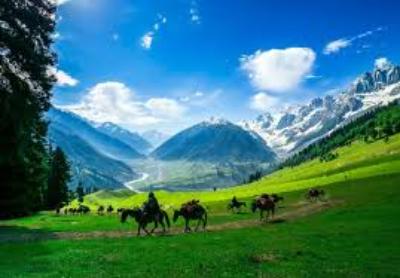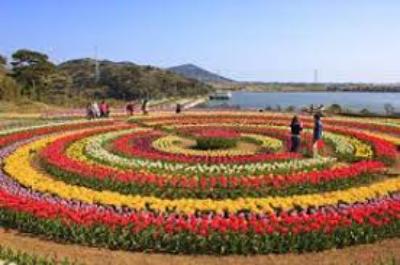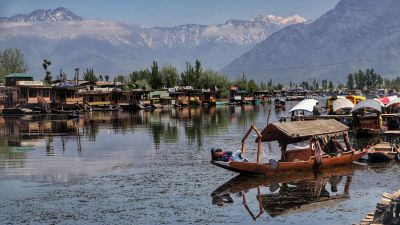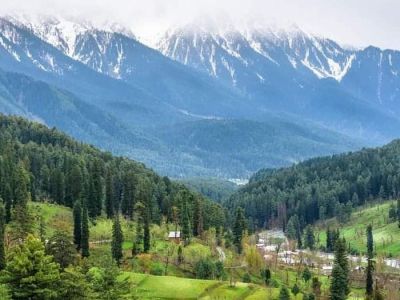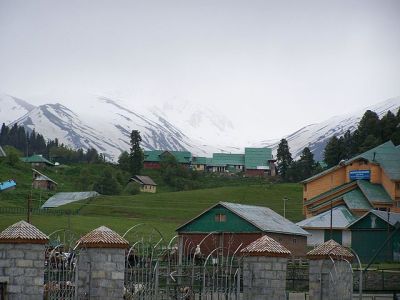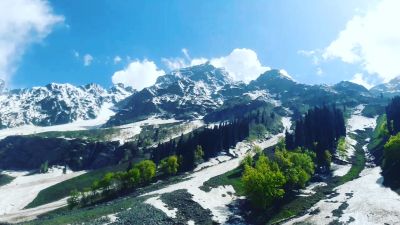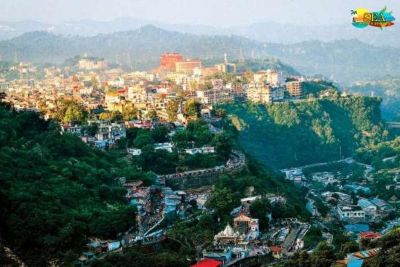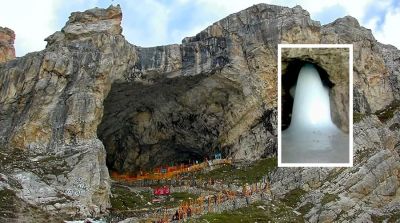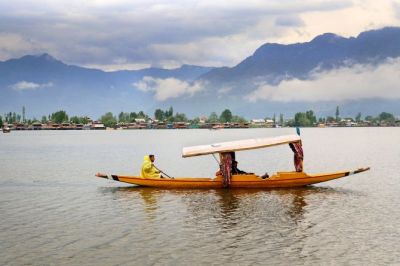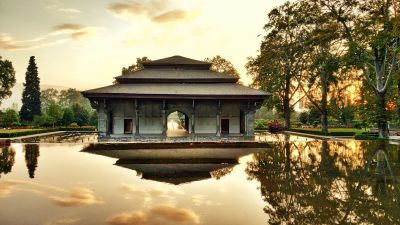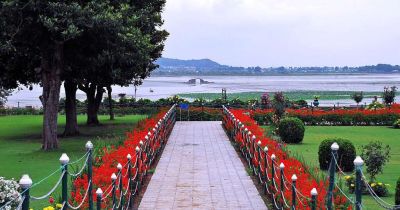Living the Tribal Life: Understanding Gujjar & Bakarwal Tribes of Srinagar
The city of Srinagar in Jammu and Kashmir is not only known for its picturesque landscapes and serene lakes but also for its rich cultural heritage. One of the most intriguing aspects of this heritage is the presence of the Gujjar and Bakarwal tribes, who have been an integral part of the region for centuries. In this blog post, we will take a closer look at these tribes and their way of life, providing you with a better understanding of the tribal culture in Srinagar.
The Gujjar Tribe
The Gujjars are a nomadic tribe that primarily inhabits the mountainous regions of Srinagar. They are known for their expertise in animal husbandry and have traditionally relied on sheep and cattle for their livelihood. Despite significant changes in their lifestyle over the years, they have managed to preserve their age-old traditions and customs.
Living a simplistic life, the Gujjars are constantly on the move in search of fresh pastures for their livestock. They set up temporary settlements in the meadows, known as "Dhoongri," and move from one place to another based on the availability of grazing land. These settlements are made of tents woven from wool and black goat hair, providing them with protection from the harsh weather conditions.
The Gujjars value their cultural heritage and take great pride in their community. They have a distinct language called "Gujari" and follow their traditional dress code, which includes vibrant and colorful attire. The women wear long skirts called "Pheran" along with beautiful accessories like jewelry and headscarves, while the men dress in a more simple and practical manner.
One of the most fascinating aspects of the Gujjar tribe is their strong bond with nature. They believe in sustainable living and have a deep understanding of their surrounding environment. They have a profound knowledge of herbs and plants, using them for medicinal purposes and cooking. The Gujjars also celebrate various festivals throughout the year, showcasing their rich cultural heritage.
The Bakarwal Tribe
The Bakarwals, also known as nomadic shepherds, are closely related to the Gujjar tribe and share many similarities in their way of life. They are primarily involved in sheep and goat rearing and have extensive knowledge about the high-altitude grazing grounds. The Bakarwals are known for their resilience and adaptability to the tough conditions of the mountains.
Similar to the Gujjars, the Bakarwal tribe lives in temporary settlements during the grazing season. Their tents, known as "Mahlas," are made of canvas and are easily portable. The Bakarwals migrate from the plains of Jammu region during the summer months to the high-altitude meadows of Srinagar, providing ample grazing opportunities for their livestock.
The Bakarwals lead a simple and self-sufficient lifestyle. They live in close-knit communities and prioritize the well-being of their family and livestock. The women take care of household chores, while the men are responsible for tending to the animals. The Bakarwals have a unique way of forming social bonds, and marriages within the tribe play a crucial role in maintaining their close-knit community.
The Bakarwals, like the Gujjars, have a deep connection with nature and are well-versed in traditional medicinal practices. They rely on the resources of the land for sustenance and have a great respect for the environment. Despite the challenges they face in their nomadic lifestyle, they have managed to preserve their customs and traditions, passing them down through generations.
Preserving Tribal Culture
While the Gujjar and Bakarwal tribes have faced various challenges in recent times, including conflicts over land and conservation issues, efforts have been made to preserve their cultural heritage. The government, along with various NGOs, has initiated programs to provide support and opportunities for the tribes to maintain their traditional way of life.
Tourism also plays a significant role in promoting and preserving tribal culture in Srinagar. Travelers and nature enthusiasts have the opportunity to interact with the Gujjar and Bakarwal communities, learn about their customs, and experience their way of life. This not only provides a unique cultural experience but also generates income for the tribes.
Conclusion
The Gujjar and Bakarwal tribes of Srinagar represent a distinct and fascinating aspect of the region's cultural tapestry. Their nomadic lifestyle and deep connection with nature set them apart, offering travelers a unique insight into their rich heritage. By understanding and appreciating their way of life, we can contribute to the preservation and promotion of tribal culture in Srinagar.
Share this blog post with your friends and encourage them to explore the tribal life of Gujjars and Bakarwals in Srinagar!
Disclaimer : The information provided in this blog is for general informational purposes only. While we strive to keep the content accurate and updated, TravelSetu assumes no liability for errors or omissions. If you believe any part of this blog infringes your rights or causes concern, please notify us immediately at info[at]travelsetu[dot]com so that appropriate action can be taken.
